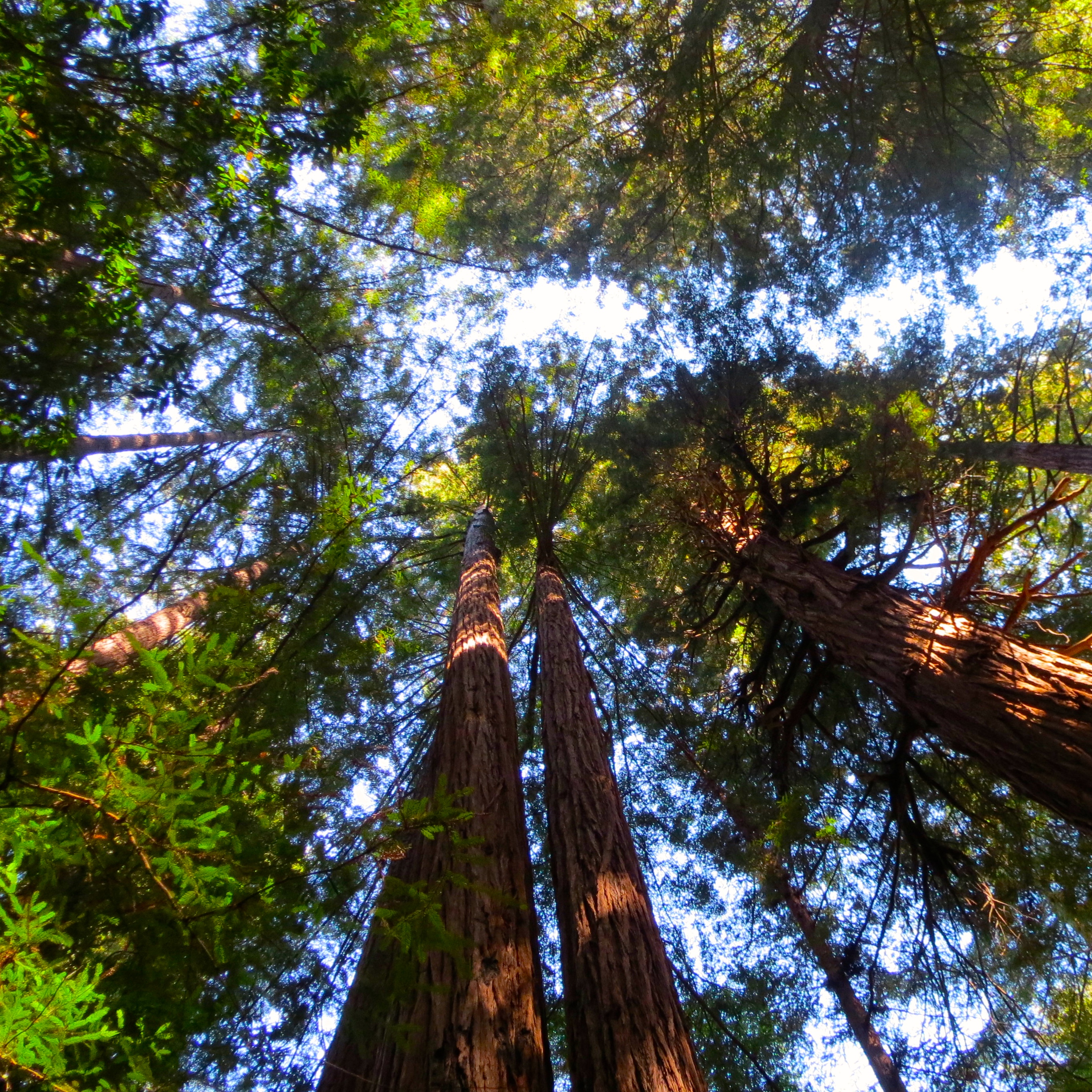It is, of course, Remembrance Day and I have found myself thinking once again, had it been me, would I have been found lacking?
Would I have had the courage to fight in the resistance like Bertie Albrecht who was executed in 1943? I’d like to think I would have behaved honourably, that I would fight for the values I believe in even though it might mean death, but I don’t know for sure.
I read about women in Syria and Iraq — students, mothers, and grandmothers — who have not only joined the Kurdish fighters but who are also working to stop sexual violence as a weapon of war and working towards peace and female empowerment.
Would I have the courage to act on my convictions like Shatha Naji Hussein from the Iraqi organization Women For Peace? Would I work like radio producer Honey Al Sayed to promote ”Unity in Diversity” in the Middle East?
I look around me and I wonder: how would others behave? We live in freedom and economic prosperity and yet many of us wallow in First World problems and mediocrity. Take me for example: last week I complained about how my birthday was upset by the onset of lice and vomit.
Most of us make day-to-day choices about how our lives will unfold and yet, how much do we really exercise that choice?
Are we pushing ourselves or coasting? And if we’re not pushing ourselves, why not? If we’re not speaking out, why not? If we’re not doing our best, why not?

And yet, there are so many different ways we can explore our boundaries and expand them. So many ways we can include others and foster a sense of belonging and community. So many ways we can each make the place we live a little better, a little kinder, more welcoming.
Kare Anderson, former NBC and Wall Street Journal reporter, calls on us, in an inspirational TED talk to connect and work together, to move towards our higher selves by becoming Opportunity Makers. Anderson, who is a columnist for Forbes and has struggled with chronic shyness and stuttering, has used her so-called limitations to push herself out to a new understanding of human connection. She asks us simply to move from ”me to we” and to search out and learn from people who are unlike us.
Anderson’s journey started with a simple observation: that some people talked about themselves while others had a ”mutuality mindset”, meaning that looked for and found a way to talk about the ”us” in conversations, to link two individuals with commonality:
”My idea is to re-image the world is one where we all become greater opportunity makers with and for others….To become opportunity makers who use [our] best talents together more often for the greater good and accomplish things we couldn’t have done on our own.”
”Even more than giving — even more than giving — is the capacity for us to do something smarter together, for the greater good, that lifts us both up and that can scale.”
She goes on to point out how embracing diversity fosters opportunity:
”And here’s the strange thing: unlike an increasing number of Americans who are working and living and playing with people who think exactly like them — because we then become more rigid and extreme — opportunity makers are actively seeking situations with people unlike them and they’re building relationships and because they do that they have trusted relationships where they can bring the right team in and recruit them to solve a problem better and faster and seize more opportunities. They’re not affronted by differences. They’re fascinated by them. And that is a huge shift in mindset and once you feel it you want it to happen a lot more.”
”It’s not just the first opportunity that you do with somebody else that’s probably your greatest, as an institution or as an individual. It’s after you’ve had that experience and you trust each other. it’s the unexpected things that you devise later on you never could have predicted.”
Anderson calls on us to try to become opportunity makers who ”communicate to connect around sweet spots of shared interests.”
”The world is hungry for us to unite together as opportunity makers and to emulate those behaviours that so many of you already do — I know that first hand — and to reimagine a world where we use our best talents together, more often, to accomplish greater things, together, than we could on our own.”
(from Kare Anderson, TED@IBM September 2014)
For more information on women working towards peace:
http://theconversation.com/our-forgotten-allies-against-islamic-state-iraqi-and-syrian-women-32164
http://www.inclusivesecurity.org/women-waging-peace-network/

